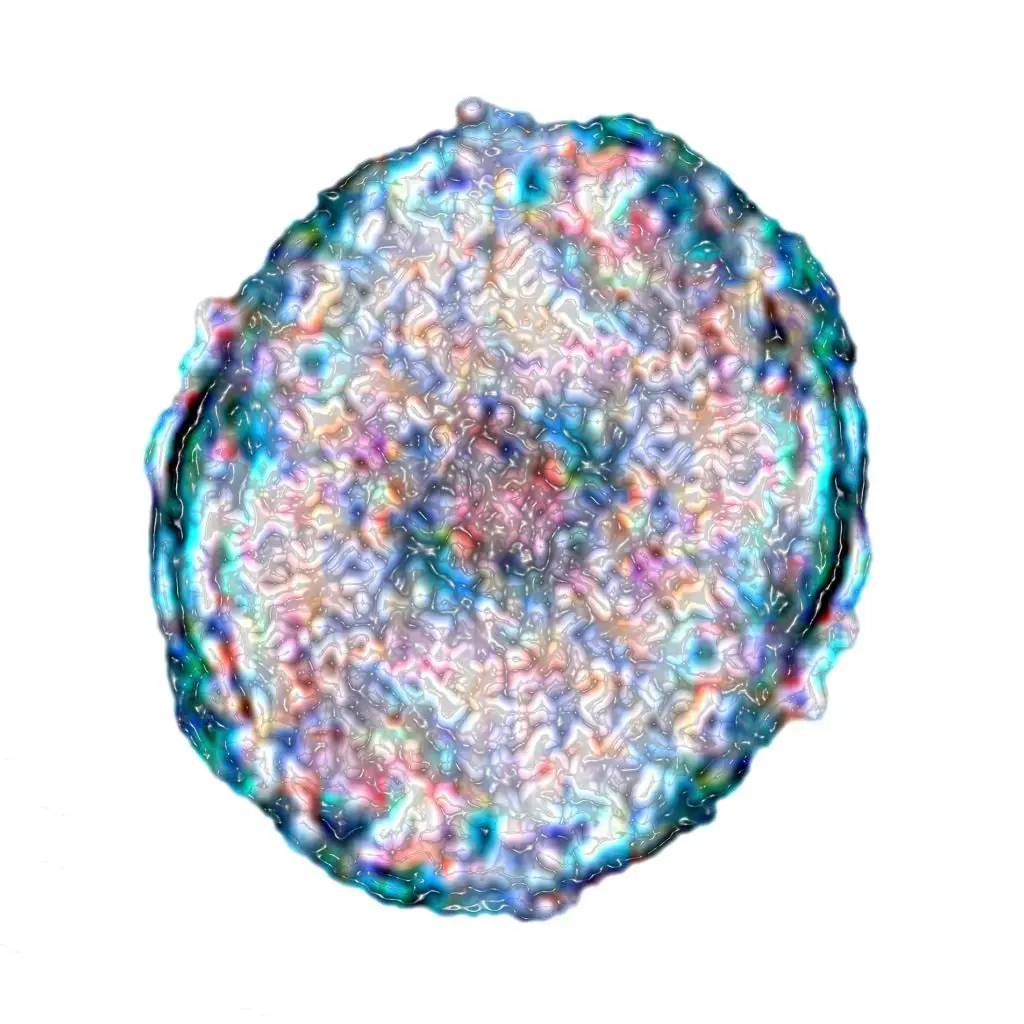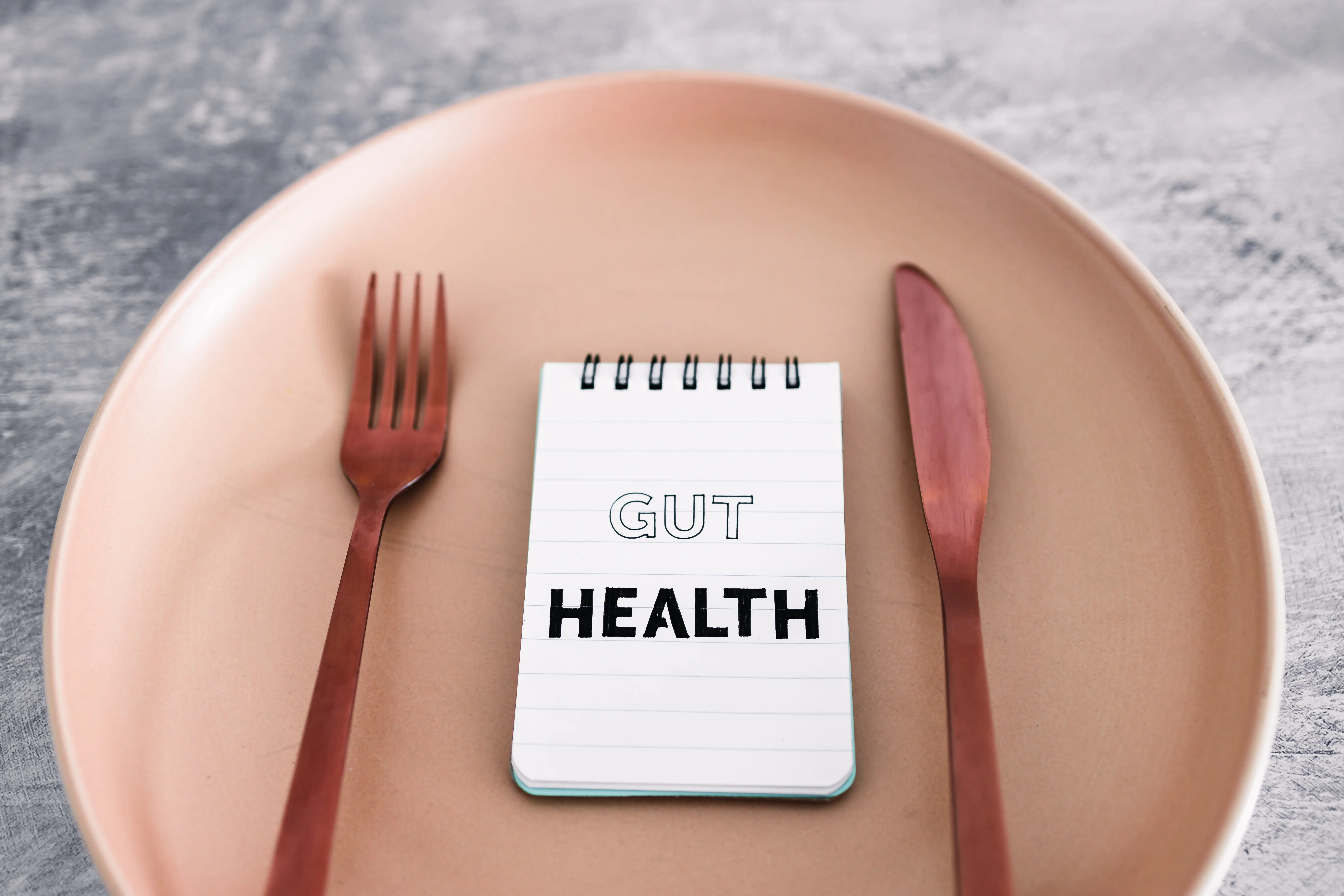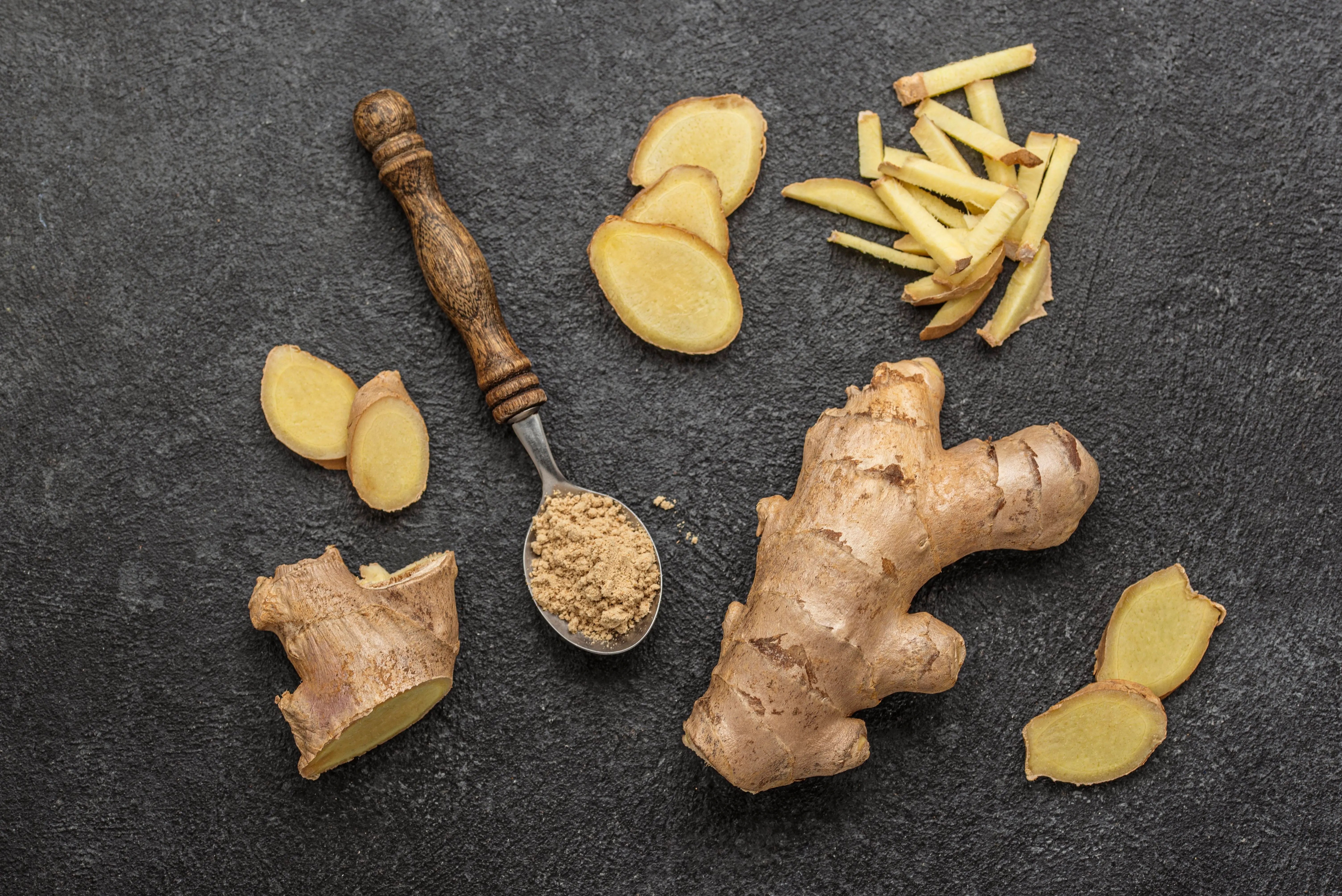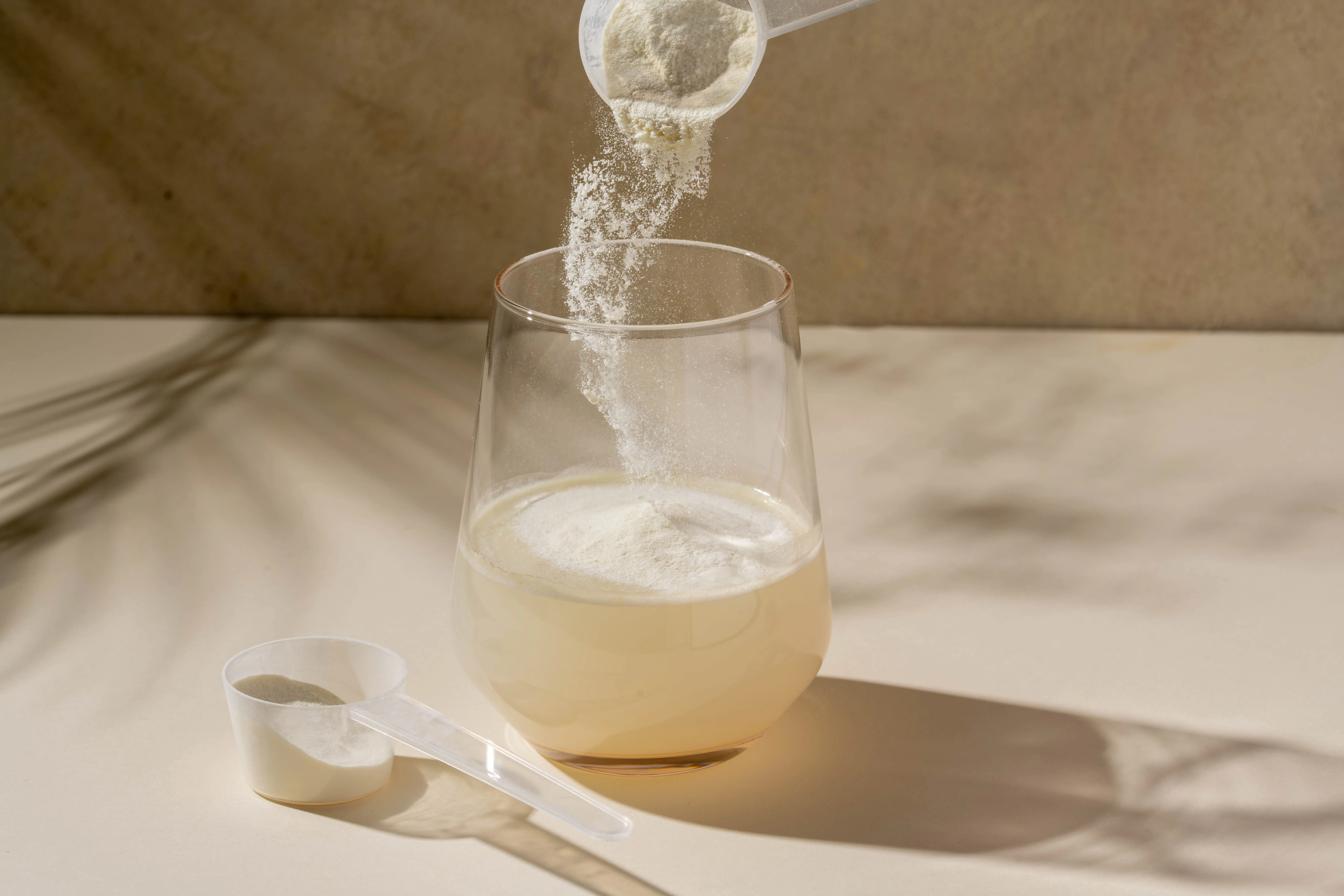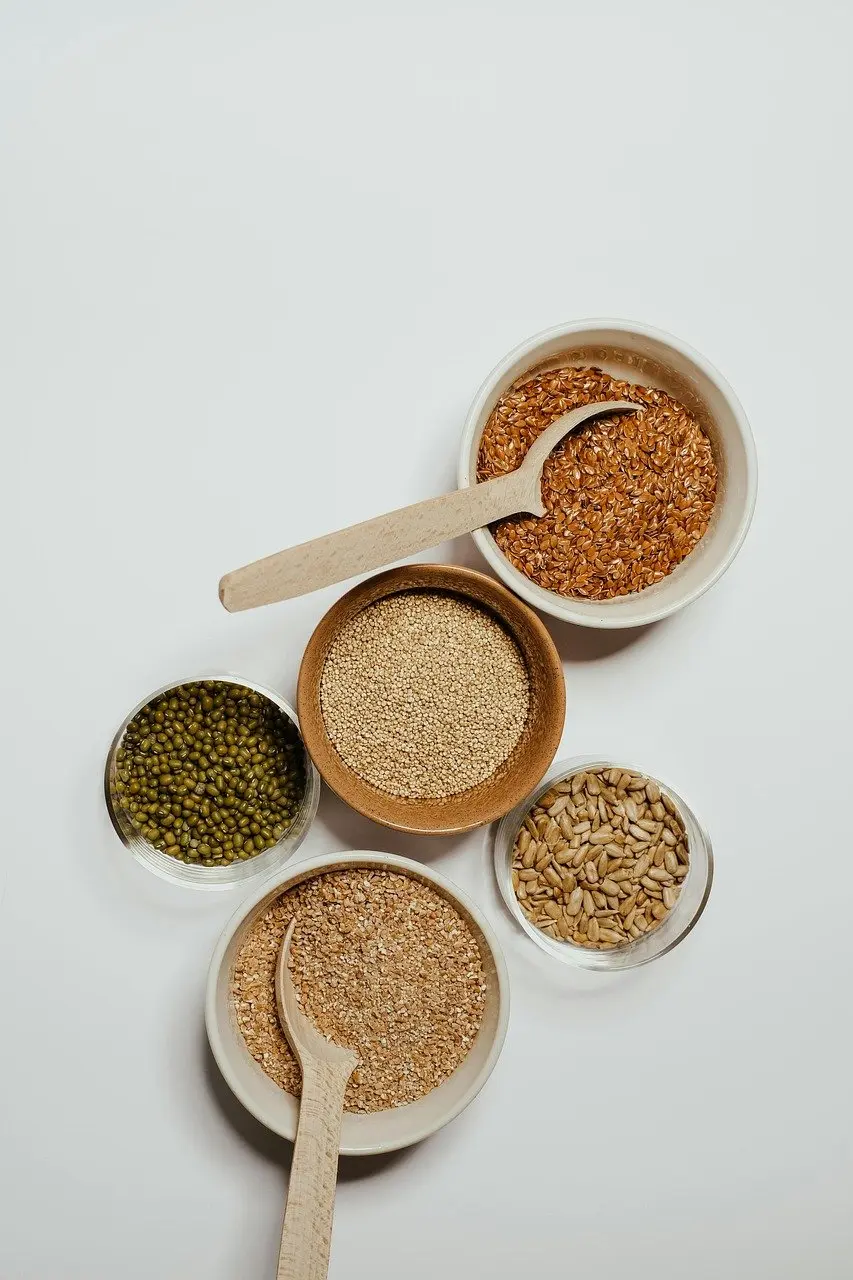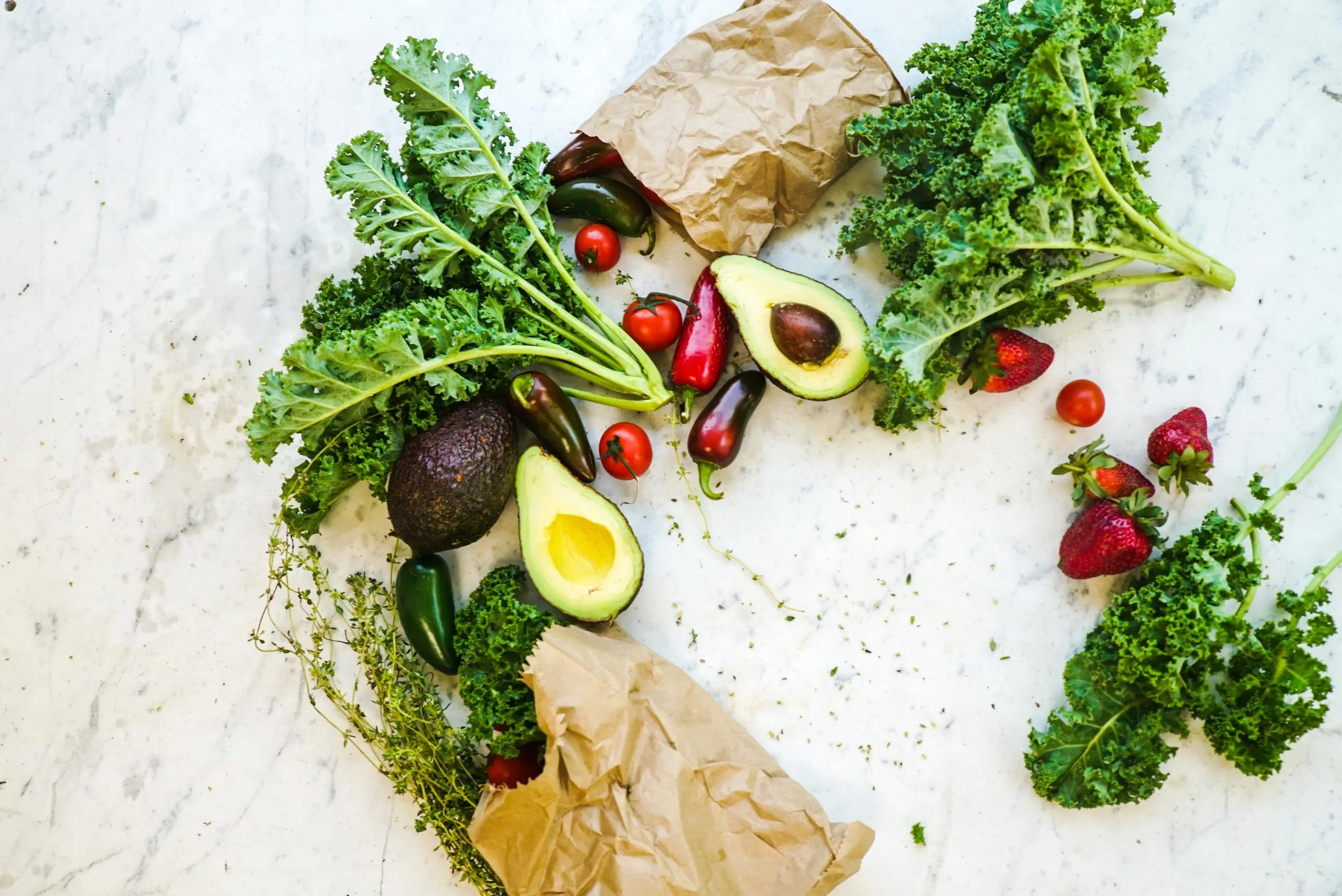The bright orange color of carrots, pumpkins and sweet potatoes is not only visually appealing – it also signals a true treasure of nutrients. Responsible for this intense coloration is beta-carotene, a powerful plant compound with impressive health benefits.
What is beta-carotene?
Beta-carotene belongs to the family of carotenoids and is the most well-known representative of these natural pigments. As provitamin A, the body can convert beta-carotene into vitamin A as needed – an essential nutrient for vision, immune system and skin health.
The name 'Carotin' is derived from carrots, from which this substance was first isolated. Today, we know that beta-carotene is found in numerous orange-yellow fruits and vegetables and even in green leafy vegetables, where chlorophyll masks the orange color.
The most important foods rich in beta-carotene
Vegetables with high beta-carotene content:
- Carrots: The classic with up to 8,285 µg per 100g
- Sweet potatoes: Sweet and nutrient-rich with about 8,509 µg per 100g
- Pumpkin: Especially Hokkaido pumpkin shines with high values
- Spinach: Despite its green color, a beta-carotene champion
- Kale: Winter vegetable with an impressive 5,927 µg per 100g
Fruit with beta-carotene:
- ApricotsFresh or dried, an excellent source
- MangoTropical sweetness with valuable carotenoids
- PapayaExotic fruit with high nutrient density
- Cantaloupe melonRefreshing and rich in beta-carotene
Health benefits of beta-carotene
Eye protection
Beta-carotene plays a central role in eyesight. As a precursor of vitamin A, it supports the formation of rhodopsin, a protein in the retina crucial for seeing in low light. Regular consumption of beta-carotene-rich foods can help prevent prevention.



